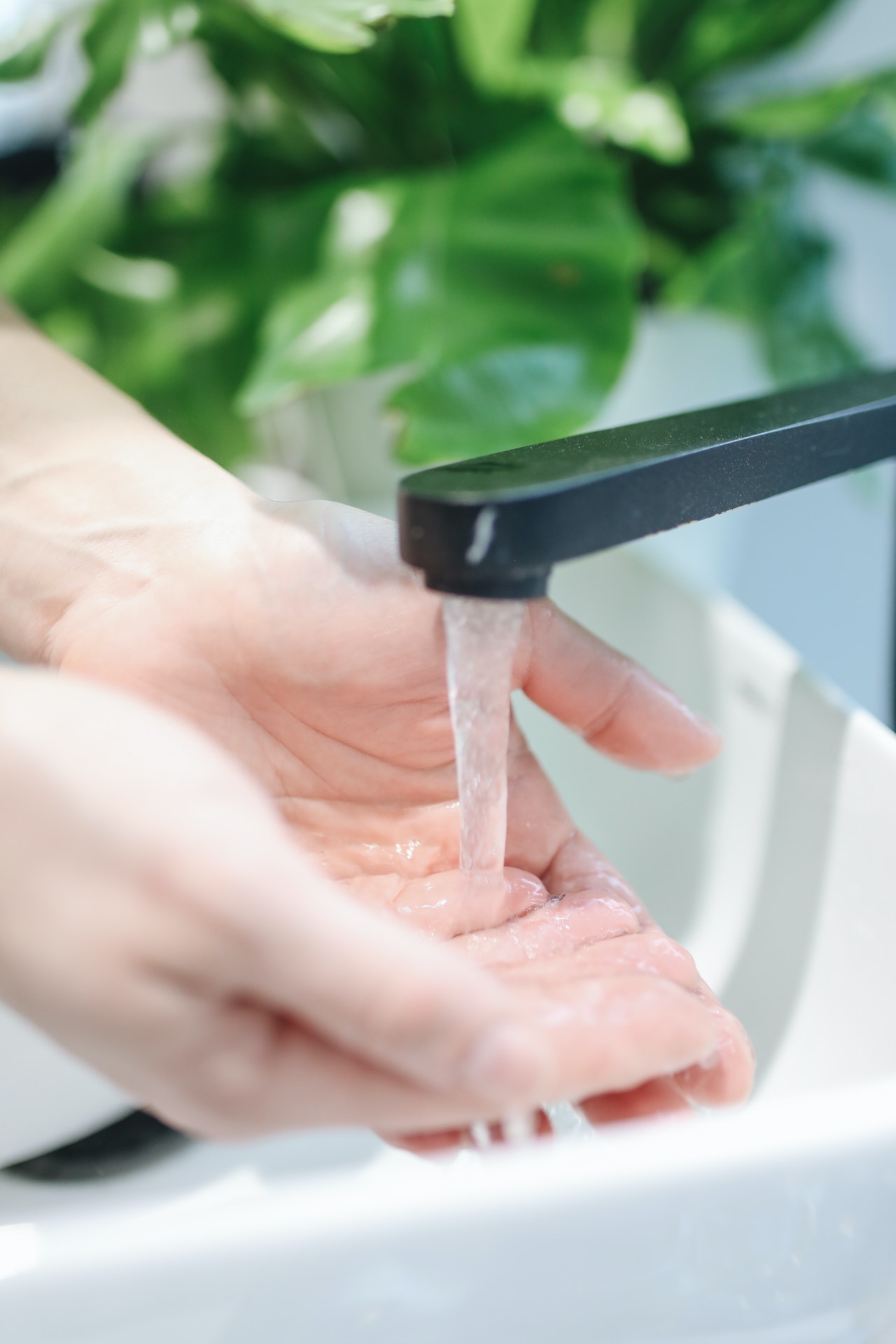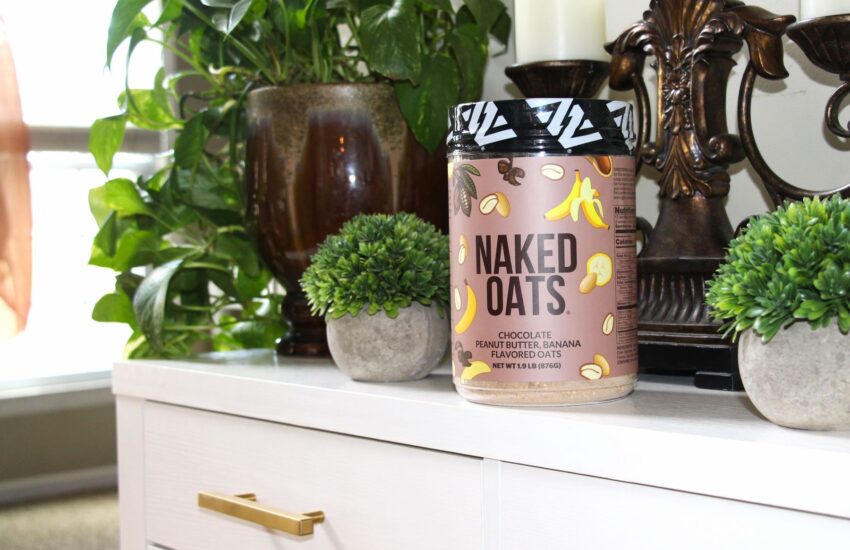5 Ways to Stop Germs from Entering Your Home
In light of recent events brought about by the COVID-19 pandemic, many Americans have been extra cautious about protecting themselves from harmful germs. This is quite obvious from the safety measures that people take when they’re outside, such as wearing masks and observing proper social distancing. Sadly, many also tend to let their guard down when they’re at home. The same care and meticulousness they exercise while outside, they may forget to practice in their own households. Unfortunately, that can make family members just as vulnerable to getting sick as if they’d encountered the germs outside.
It’s true that you won’t be able to eliminate all germs from your home by cleaning or disinfecting. However, you can still do a lot to keep yourself and your family extra safe from pathogens, for example Salmonella bacteria and the different types of flu viruses, as well as the dangerous strains of E. coli. Here are some simple everyday tips for preventing the spread of harmful germs in your home.
Wash Your Hands Properly
Proper handwashing is still one of the best ways to stop the spread of germs and the diseases they cause. The operative word here is “proper.” As soon as you get home, , make sure to wash your hands with soap and water and to scrub them thoroughly, including in between your fingers and under your nails. You should also include your wrists.
If there’s no soap and water available where you are, you can use an alcohol-based sanitizer (at least 60% concentration) in the meantime. Rub vigorously and make sure your hands are completely dry before touching anything. Then, once you reach home, wash your hands properly for 20 to 30 seconds. Encourage everyone else in your household to keep up this habit for themselves.
Wear Antimicrobial Socks to Protect Your Feet from Microbes
Another healthy habit you can maintain is to wear socks at home instead of going barefoot. Doing so will not only keep your feet from getting scratched up by splinters or getting bruised from rough flooring. A good pair of socks will also keep your feet from being a hotbed of germs and from collecting microorganisms that may have been brought in from outside. Consider getting some pairs of women’s antimicrobial socks, men’s antimicrobial socks, or antimicrobial socks for your kids. The antimicrobial properties on these home socks will make it extra hard for germs to thrive on your feet, thus eliminating one potential hotspot for germs in your home.
Be Extra Careful with Your “Outside Clothes”
If you work anywhere with a high concentration of germs—such as a hospital, a solid waste management facility, or a meatpacking plant—always be sure to change out of your clothes or uniform before you go home. Pack your dirty clothing away in a plastic bag, and don’t reuse that plastic bag in the future. When you get home, wash your clothes in hot water. Use a safe amount of color-safe bleach so as not to damage the fabric. If you have a tumble dryer, use the highest heat setting. If not, line-dry the clothes under the sun. As an added precaution, iron the clothes to kill any remaining bacteria and viruses.
Keep Your Shoes Outside
Your shoes prevent your feet from touching the ground. But in turn, they pick up millions of microbes from the outdoors. You definitely wouldn’t want to track all of those microorganisms into your home. To prevent yourself from doing so, remove your shoes immediately after getting home and place them in a dedicated spot near your door or out on your porch. You can use added protection, like an antimicrobial hand protector, when removing your shoes to keep yourself from accidentally touching the soles of your footwear.
Practice Safe Grocery Shopping
Here’s a fact: thousands of unpleasant germs live inside a supermarket. Raw meat, poultry, and fish alone can harbor Salmonella and Campylobacter bacteria, which can both cause food poisoning and diarrhea. Even fresh produce may have traces of bacteria and viruses on their skins and packaging. This is on top of all the shopping carts whose handles are touched by hundreds of dirty hands.
To make sure that you’re not bringing home bacteria with your groceries, make sure to place meat products in separate bags at checkout. Then, when you get home, wrap and put them in containers before you place them inside the fridge. For shopping carts, use disinfectant wipes to clean the handles as well as the baby seat. You can also take the same precaution when you’re reaching for dry and prepackaged goods. You never know how these items were handled, so it’s best to be extra cautious.
At first, being this careful may seem like it’s too much. You may even feel like you’re borderline paranoid. But when it comes to your health, it’s still better to be safe than sorry—especially at home. There are many things that are out of our control, but there’s so much we can still do on a personal level to prevent contamination and infection. Lead the way in ensuring your own household is as safe and protected as it can be from harmful germs.



One thought on “5 Ways to Stop Germs from Entering Your Home”